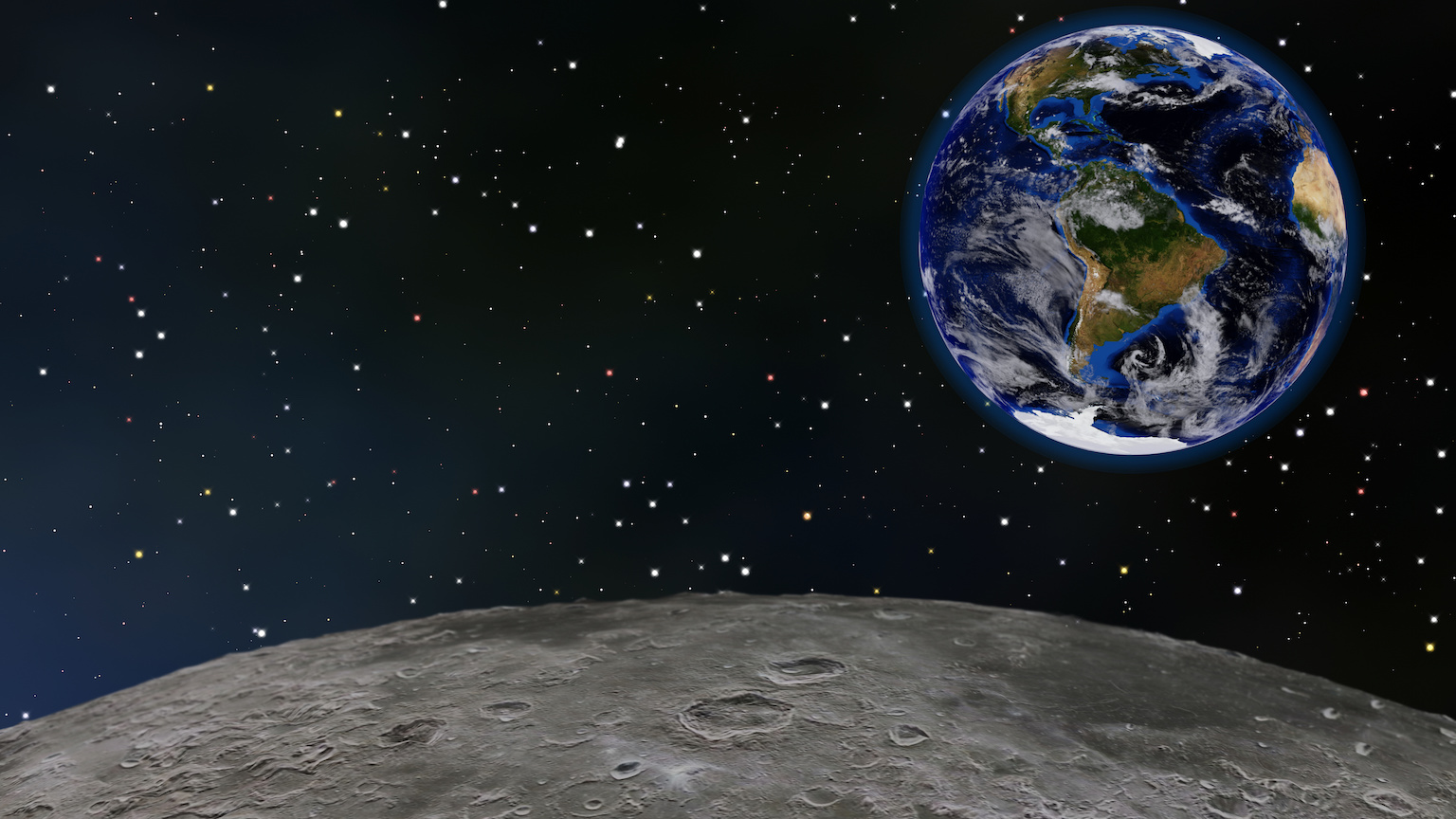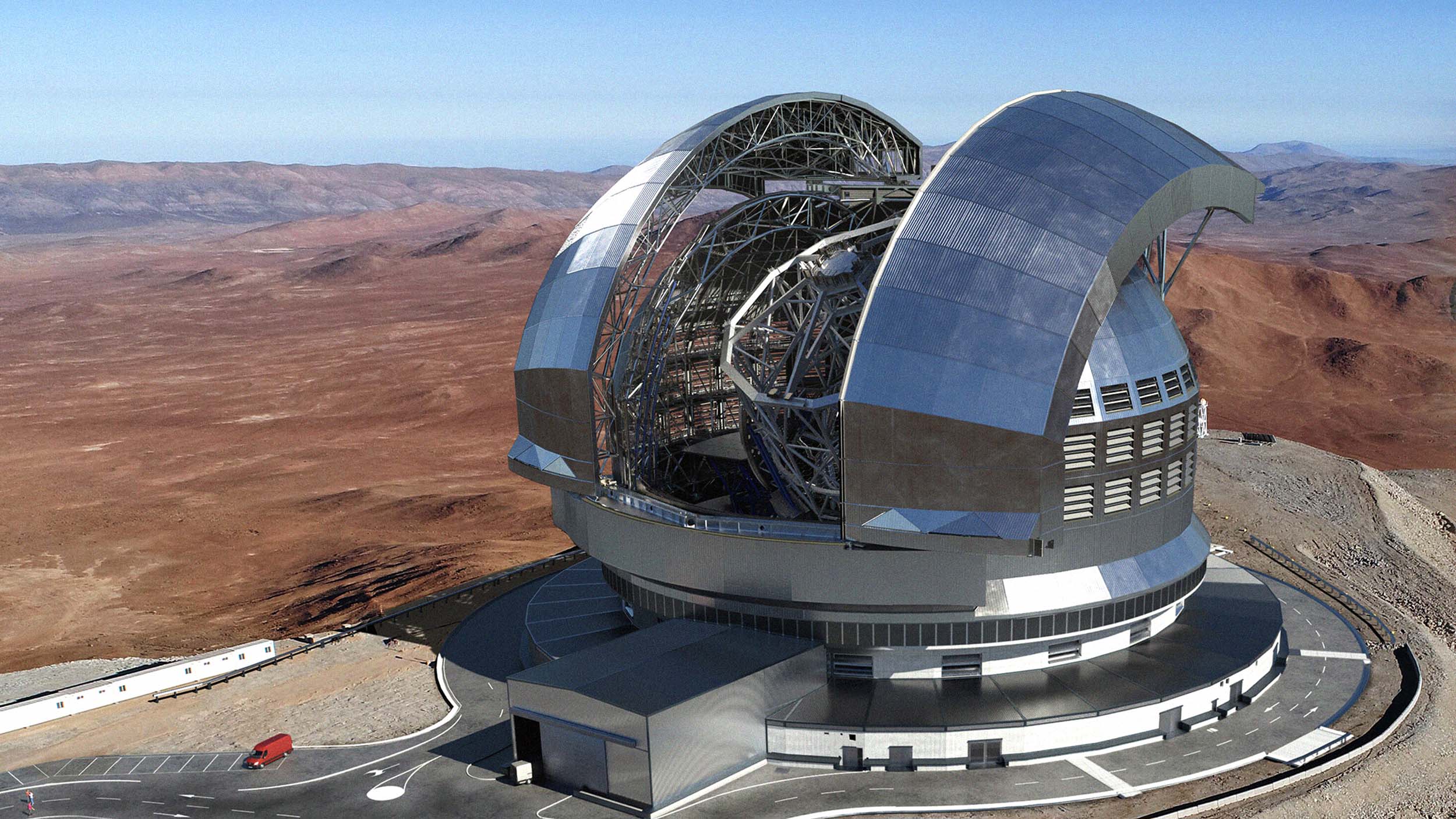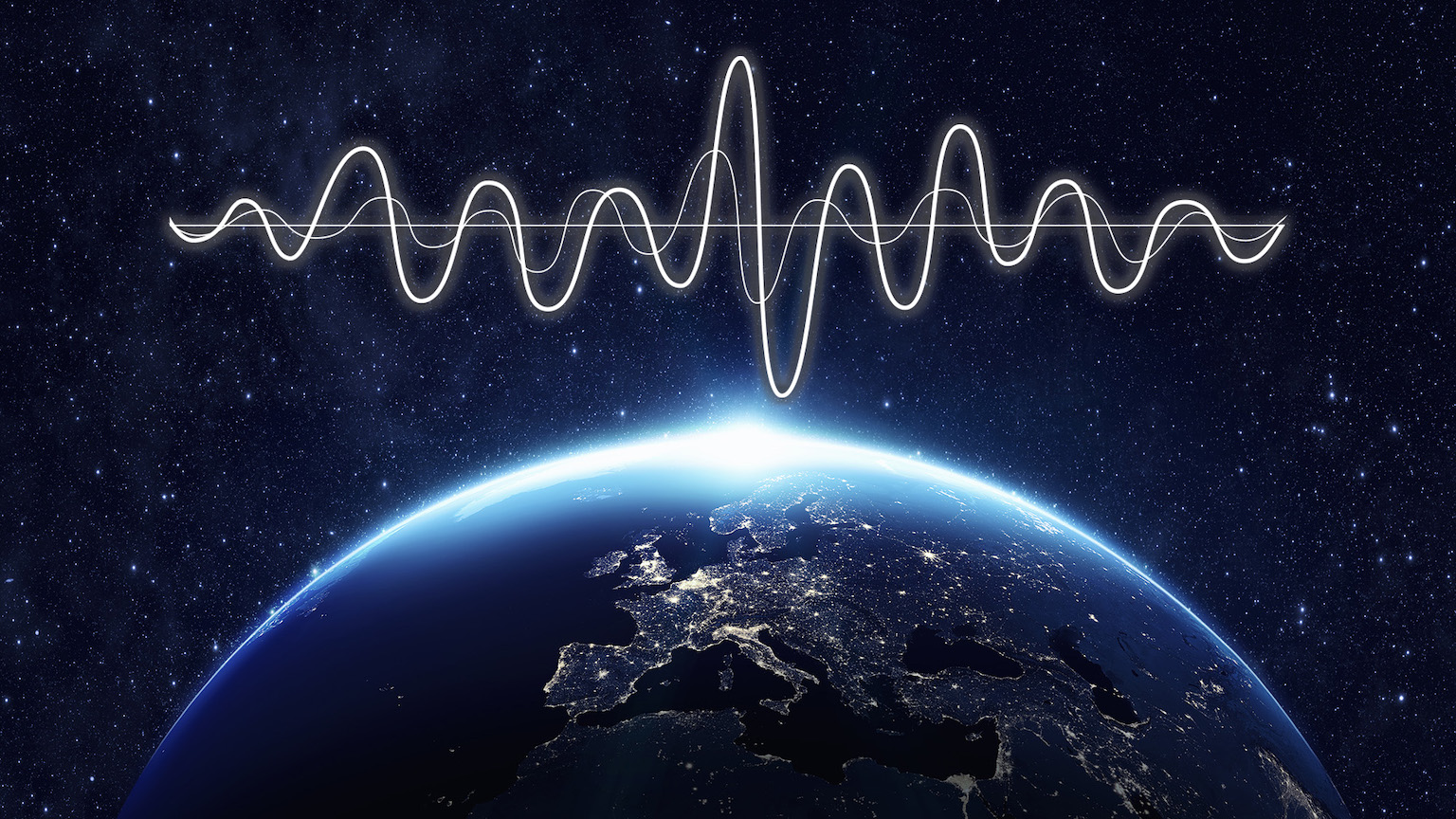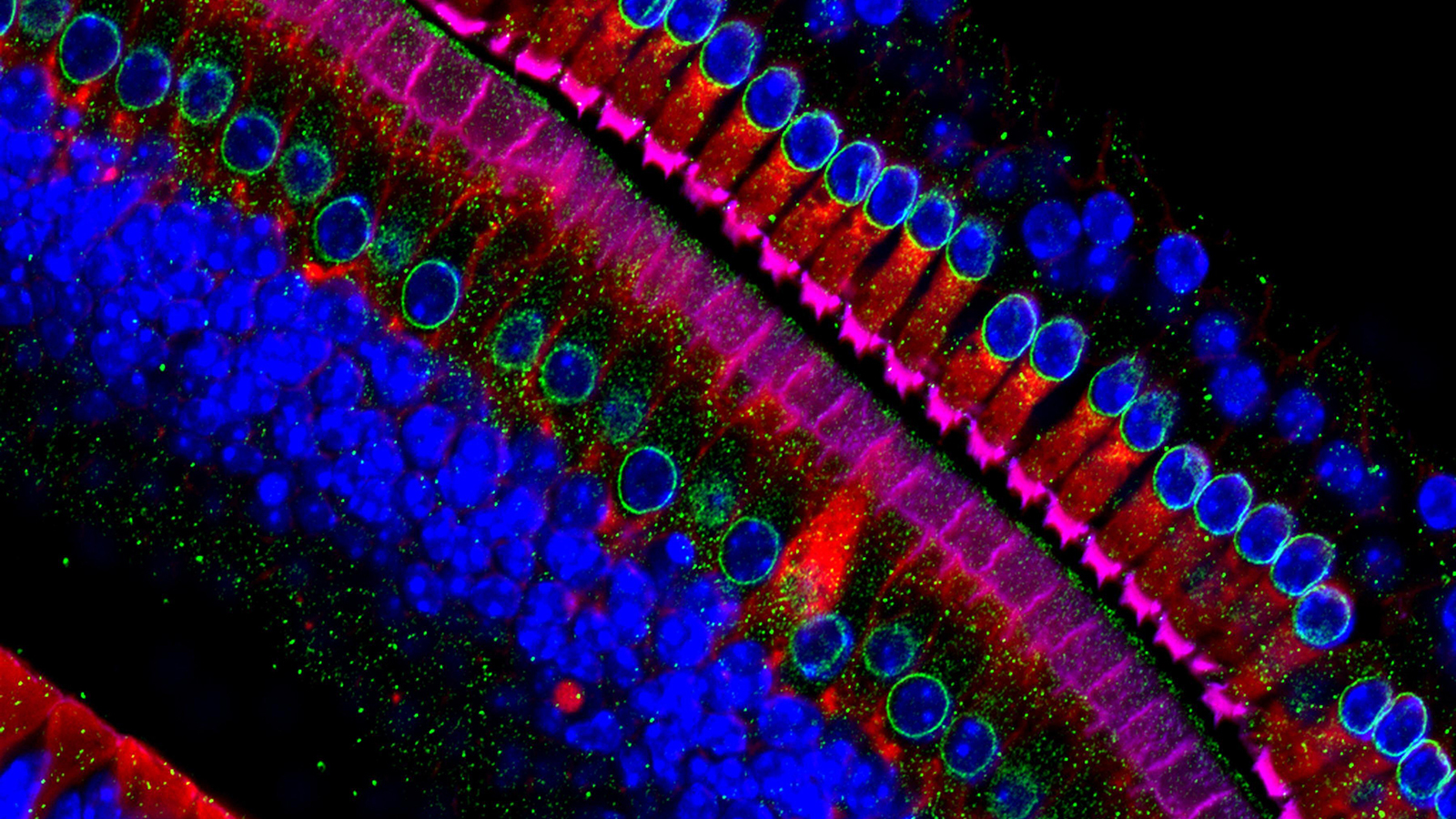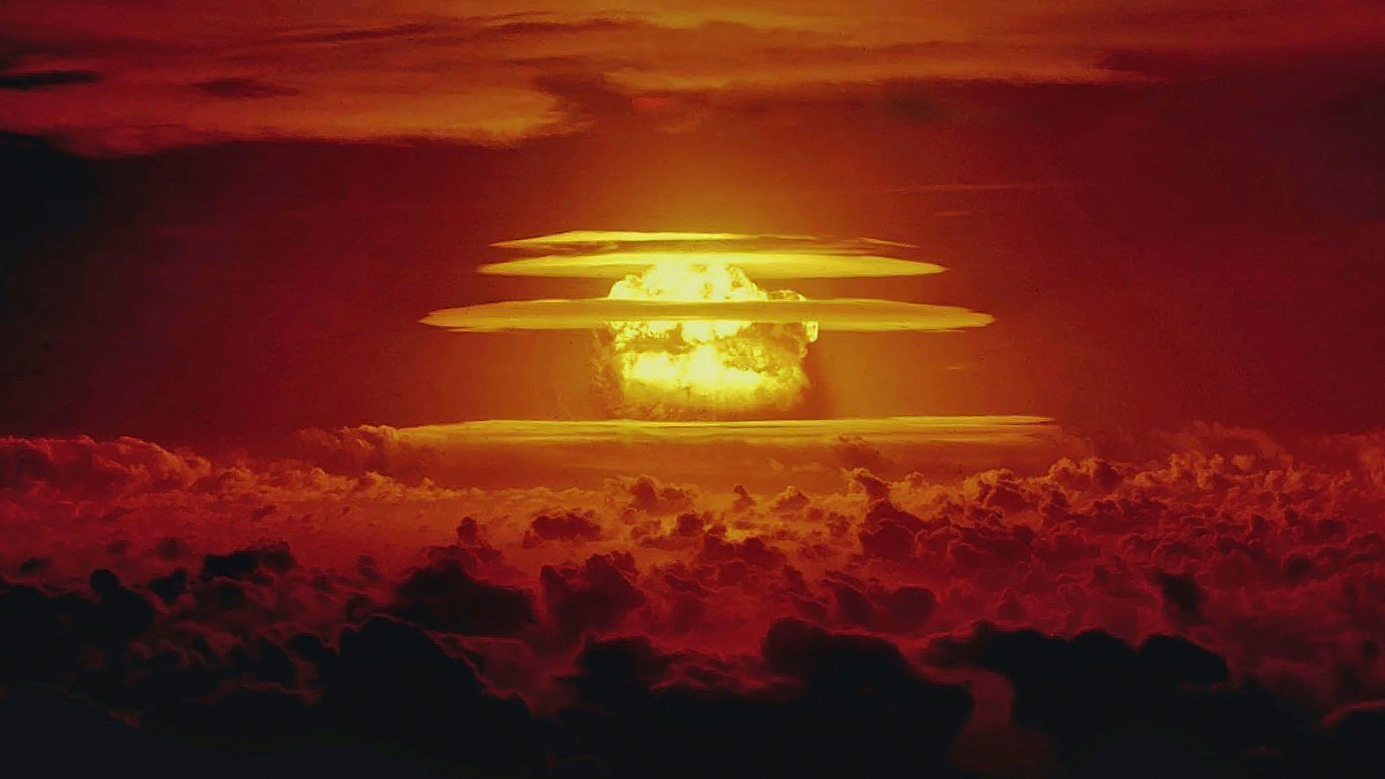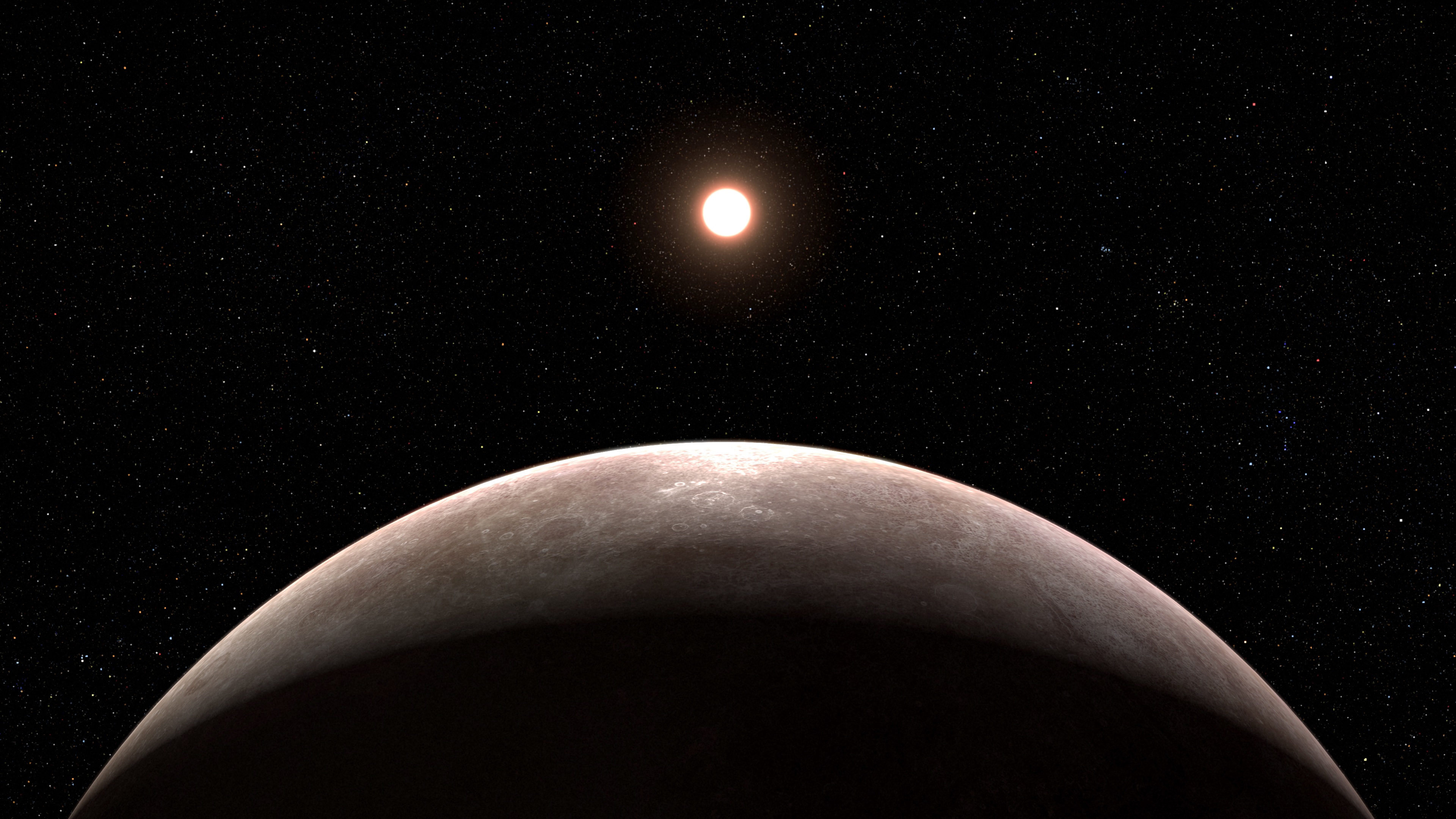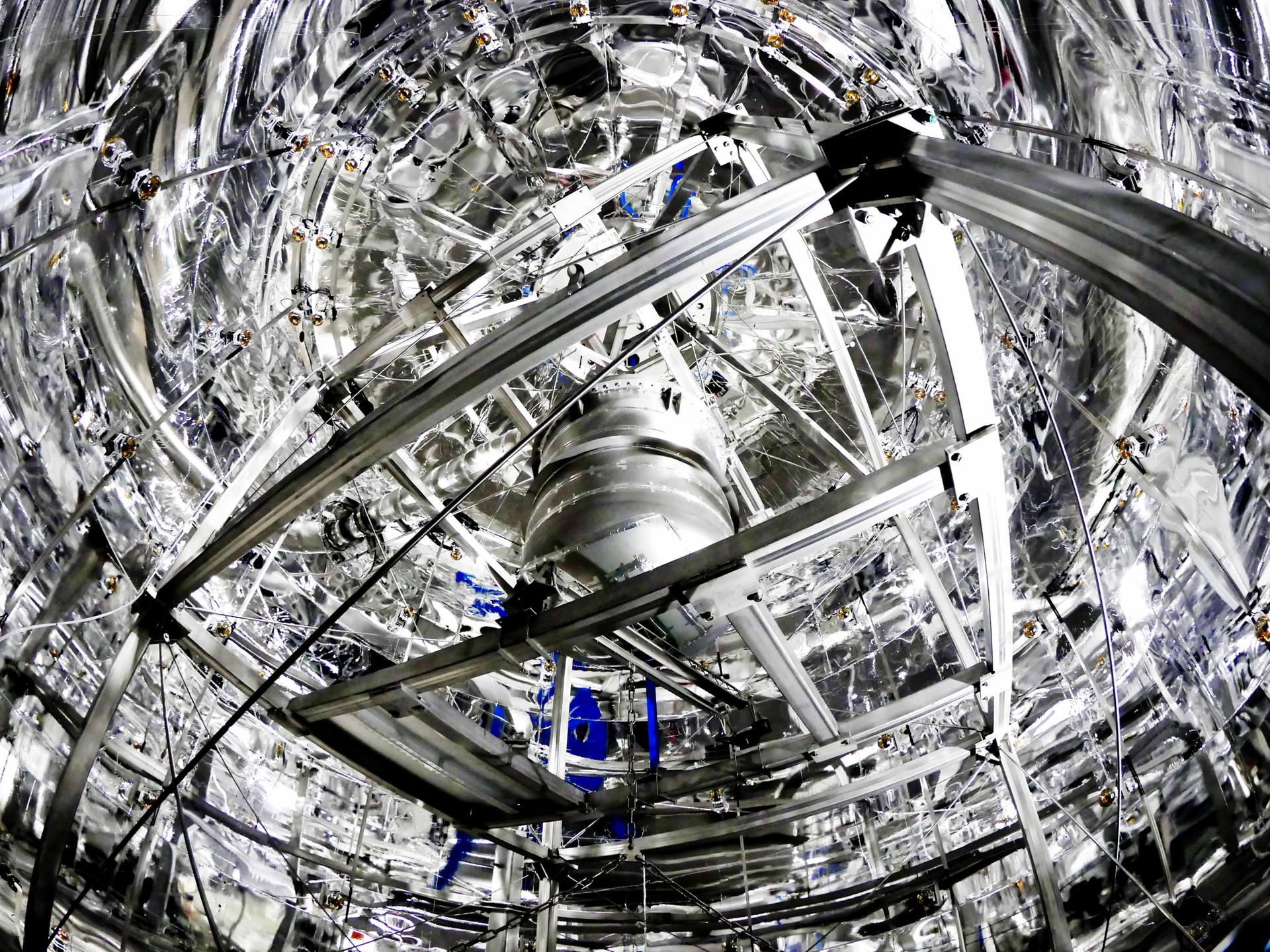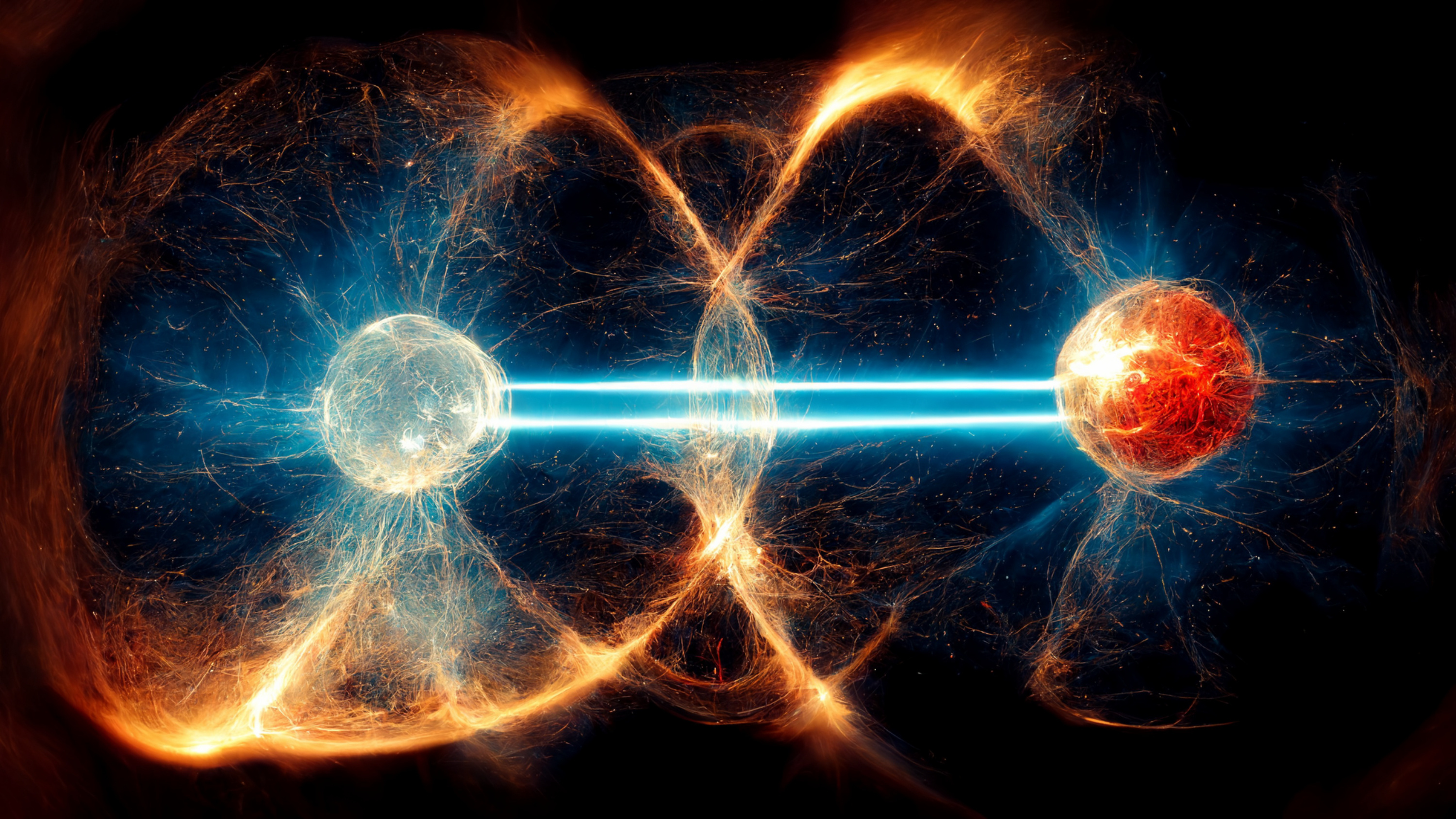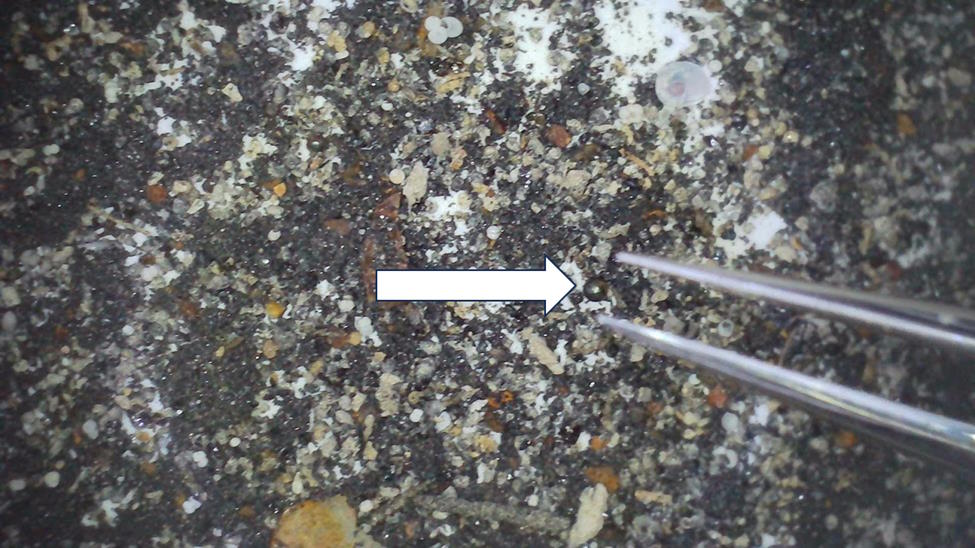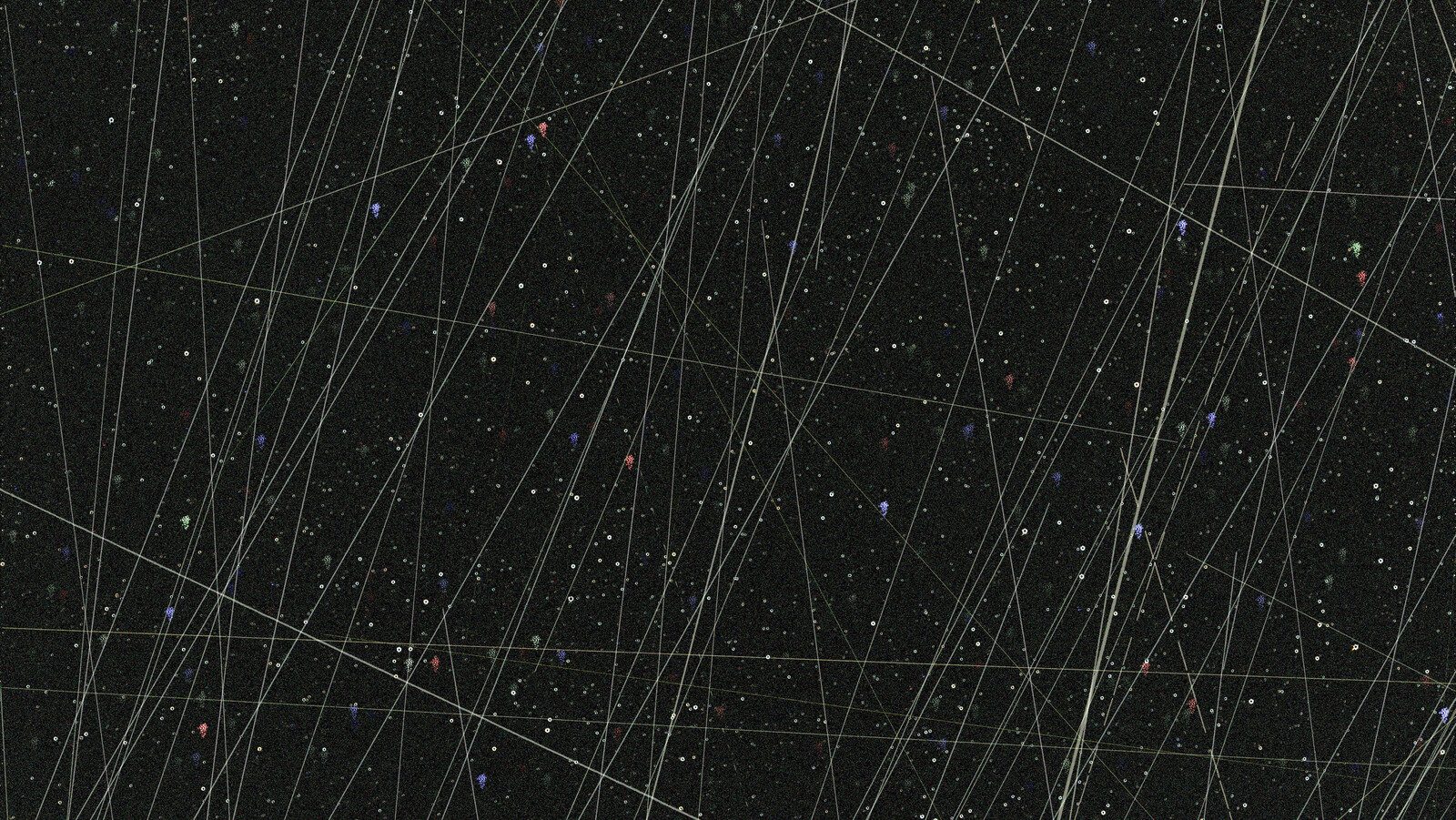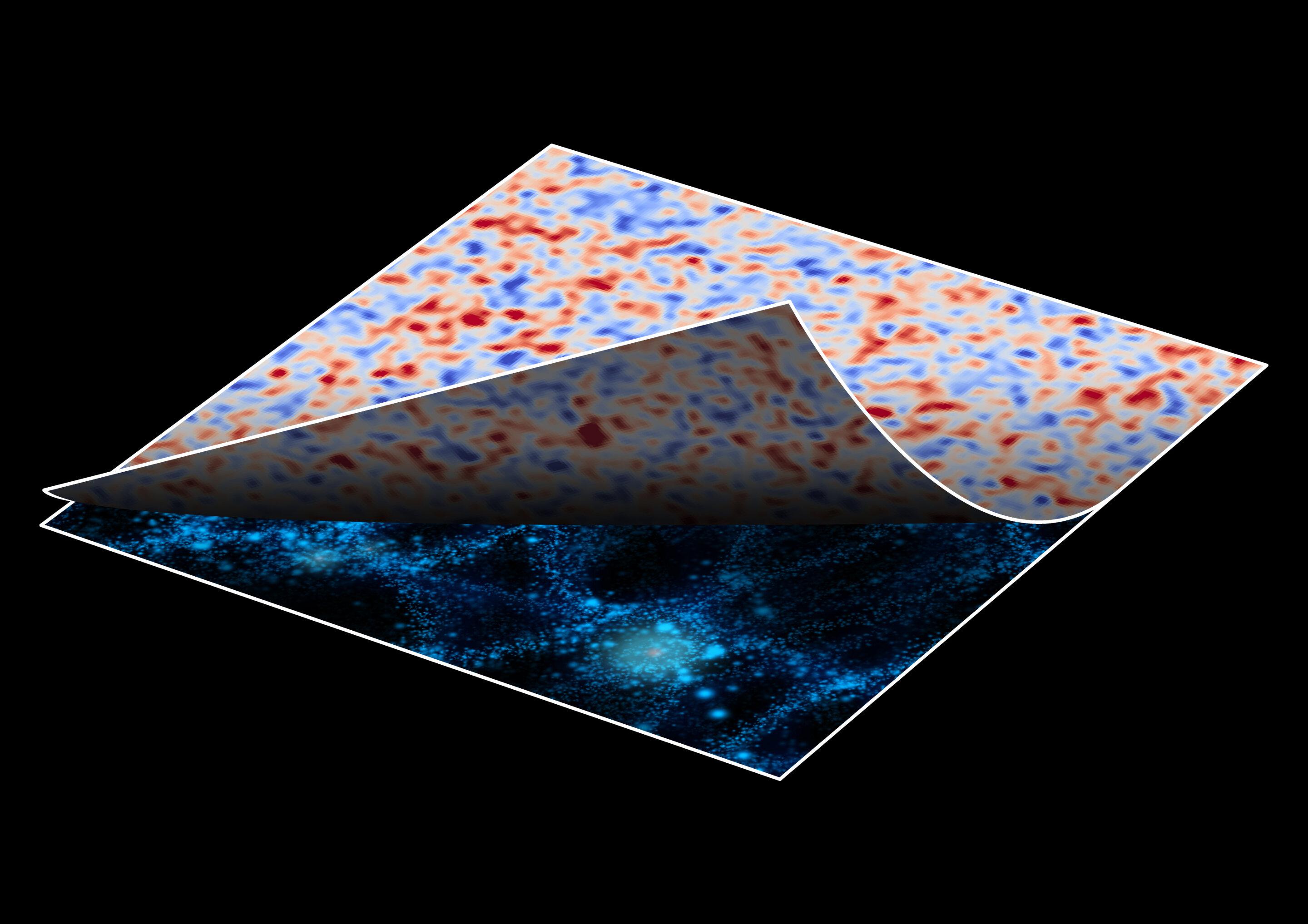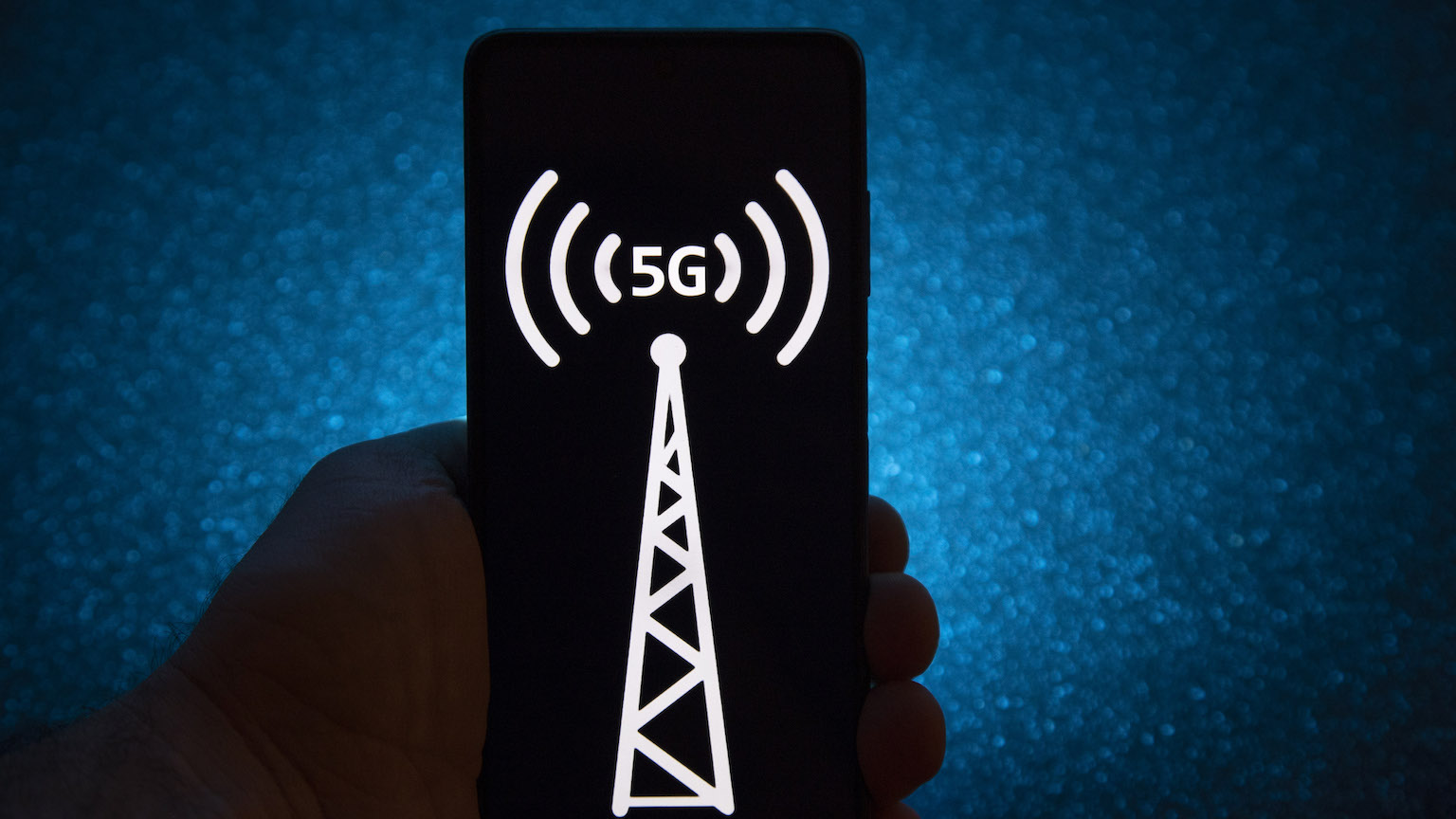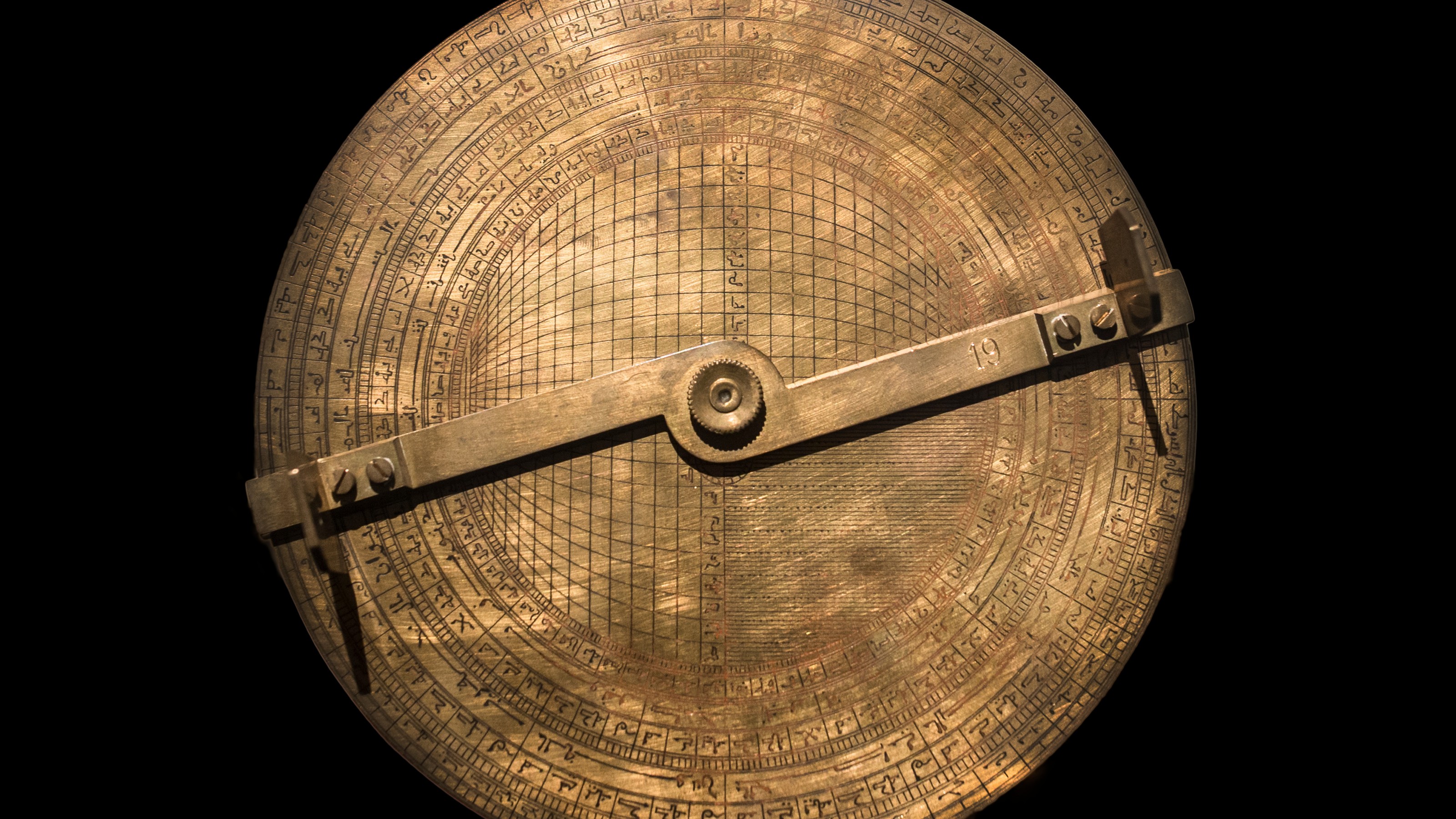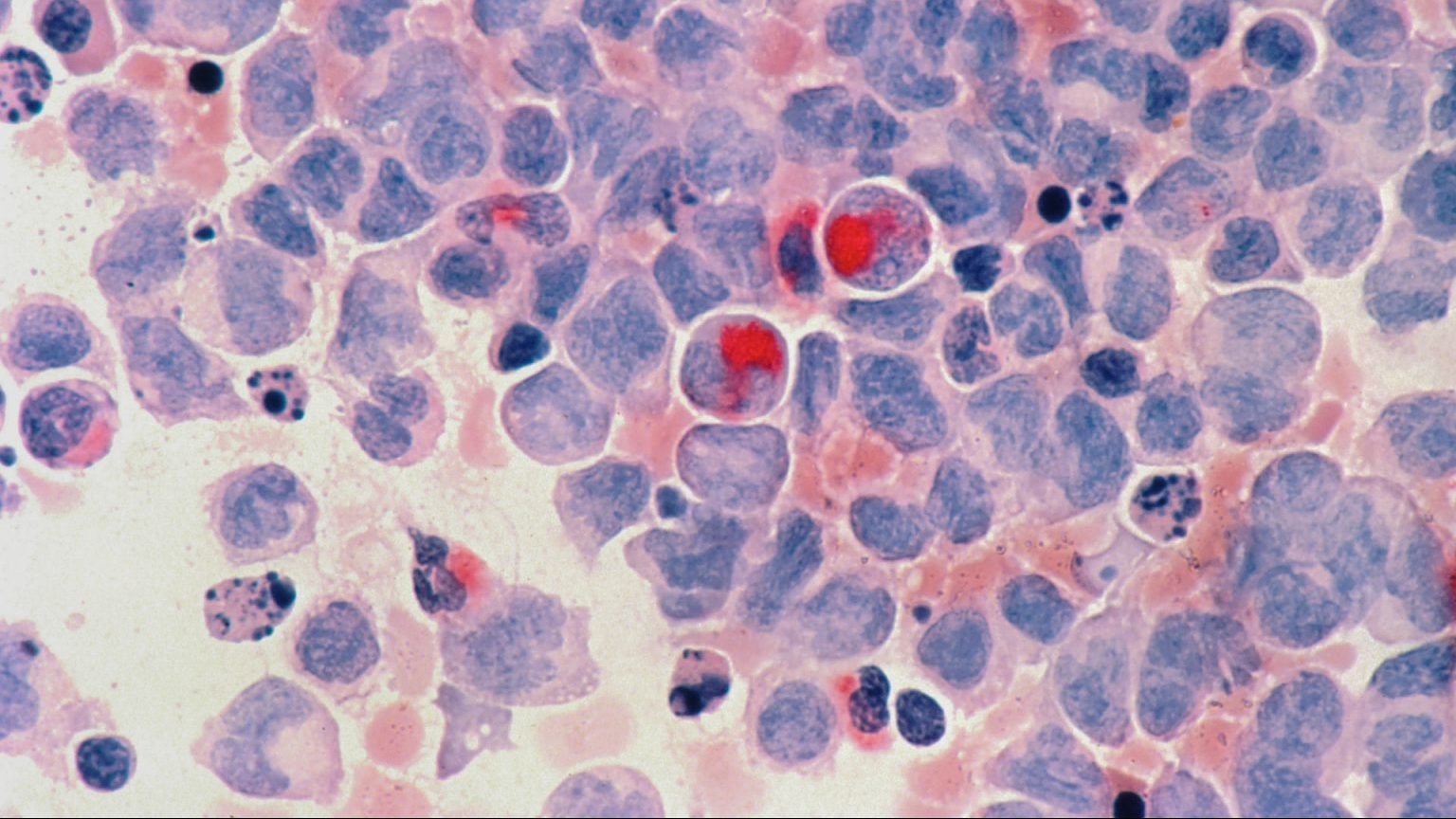To study the origin of the Universe, we could build a constellation of six expensive spacecraft — or we could just use the Moon.
Search Results
You searched for: Noise
The Extremely Large Telescope (ELT) will have a light-collecting power 10 times greater than today’s best telescope.
We knew we’d find galaxies unlike any seen before in its first deep-field image. But the other images hold secrets even more profound.
If you put very fine black powder powder in a confined space it explodes in a cloud of heat, gas and noise.
The beauty of this magical medicine called silence is that it is available to all of us, even in cities, if only we care to listen.
New chip eliminates the need for specific decoding hardware, boosting gaming systems, 5G networks, and more.
Baby mice can regenerate damaged hair cells — and now that we know how they do it, maybe we can, too.
These composers channeled the horror of the Holocaust and Hiroshima while honoring those who lived through it.
The hallucinations that characterize schizophrenia may be due to a “reality threshold” that is lower than it should be.
Mass sociogenic illnesses can afflict thousands of people.
These clocks burn powdered incense along a pre-measured paths, each representing a different amount of time.
JWST just found its first transiting exoplanet, and it’s 99% the size of Earth. But with no atmosphere seen, perhaps air is truly rare.
Earth is actively broadcasting and actively searching for intelligent civilizations. But could our technology even detect ourselves?
With a bigger, better, and more sensitive detector, the XENON collaboration joins LZ and PANDA-X in constraining WIMP dark matter.
One of Jetoptera’s VTOLs is expected to reach speeds of around 614 mph, about as fast as a commercial jet airliner.
Quantum entanglement may remain spooky, but it has a very practical side.
Harvard astronomer Avi Loeb claimed to track down and find alien spherules on the ocean bottom. Here’s the sober truth.
In 1957, humanity launched our first satellite; today’s number is nearly 10,000, with 500,000+ more planned. Space is no longer pristine.
A new artificial intelligence method removes the effect of gravity on cosmic images, showing the real shapes of distant galaxies.
In general, 5G is not a threat to human health or activities, but there are some legitimate questions about interference with airplane instruments.
You’ve got to know when to fight and when to laugh.
Noise causes stress. For our ancestors, it meant danger: thunder, animal roars, war cries, triggering a ‘fight or run’ reaction.
In a time when we dislike and distrust our politicians, why can’t we get more popular leaders like Kim Jong Un and Bashar al-Assad?
Bloodcurdling war cries, shrieking elephants, and whistling arrows all made soldiers flee in terror.
The Shirky Principle states that “institutions will try to preserve the problem to which they are the solution.”
The mindless implementation of AI tools can come at a cost for our teams. Here are some red flags and solutions.
The 1,200-year-old “Book of Ingenious Devices” contains designs for futuristic inventions like gas masks, water fountains, and digging machines.
Epigenetic entropy shows that you can’t fully understand cancer without mathematics.
Catastrophes are difficult to predict because they are so rare. But AI using active learning can make predictions from very small data sets.
Was the terror of Biscayne Bay a man who escaped slavery, an African chieftain, or a marketing ploy that went viral?
